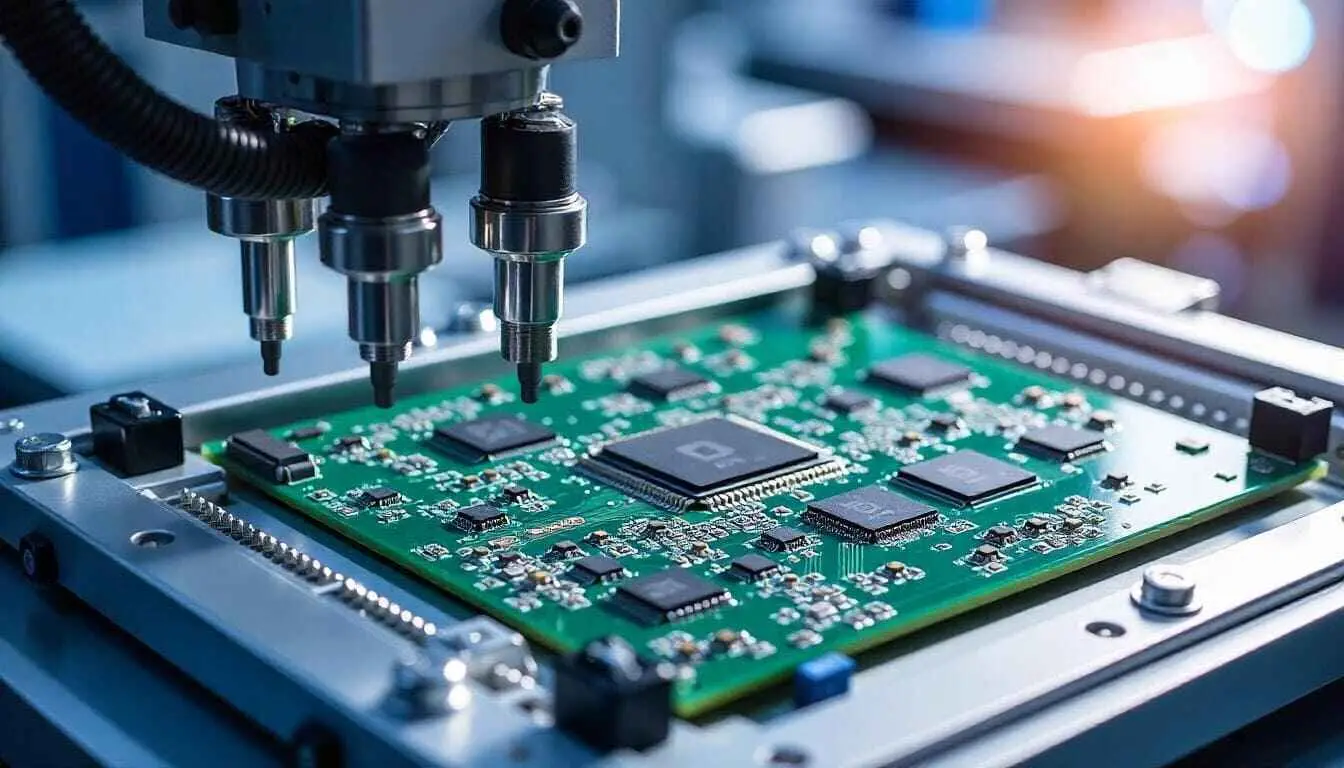
In the fast-evolving world of technology, printed circuit boards (PCBs) serve as the backbone for nearly every electronic device we encounter daily. From smartphones and laptops to complex machinery in manufacturing plants, the demand for innovative electronics continues to grow. At the heart of this revolution are PCB board manufacturers, who play a crucial role in shaping the future of technology. This article delves into the essential functions of PCB manufacturers, their impact on the tech landscape, and the trends driving their evolution.
The Role of PCB Board Manufacturers
PCB board manufacturers are responsible for producing the intricate boards that facilitate electronic connections and functions. These boards are composed of conductive pathways, components, and substrates, which work together to ensure the proper operation of devices. The manufacturing process involves multiple steps, including design, fabrication, assembly, and testing, each of which requires precision and expertise.
One of the primary functions of PCB manufacturers is to collaborate closely with electronic design engineers to develop custom solutions tailored to specific applications. This collaboration ensures that the final product meets the necessary specifications for functionality, durability, and performance. By leveraging advanced design software and manufacturing techniques, PCB manufacturers help bring innovative ideas to life, pushing the boundaries of what is possible in electronics.
Driving Innovation in Electronics
As technology advances, the demand for more compact, efficient, and high-performance electronics increases. PCB manufacturers are at the forefront of this innovation, constantly adapting their processes to accommodate the latest trends. One significant trend is the miniaturization of electronic components, allowing for smaller devices with enhanced capabilities. This trend has been made possible by advancements in PCB manufacturing techniques, such as high-density interconnect (HDI) technology, which enables the production of smaller, more complex boards.
Moreover, manufacturers are also focusing on improving the thermal management of PCBs, which is crucial for enhancing the performance and lifespan of electronic devices. As devices become more powerful, they generate more heat, making efficient thermal management a priority. Manufacturers are exploring new materials and designs to create PCBs that can better dissipate heat, ensuring that devices operate reliably under demanding conditions.
Embracing Sustainability
In today's environmentally conscious world, sustainability has become a vital consideration for PCB manufacturers. The electronics industry is often criticized for its environmental impact, particularly regarding e-waste and the use of hazardous materials. As a response, many PCB manufacturers are striving to adopt more sustainable practices, from sourcing eco-friendly materials to implementing waste reduction strategies in their operations.
One notable initiative is the transition to lead-free soldering processes, which reduces the use of toxic substances in PCB assembly. Additionally, manufacturers are increasingly investing in recycling programs to manage e-waste and promote the reuse of electronic components. By embracing sustainability, PCB manufacturers not only align themselves with global environmental goals but also meet the growing consumer demand for eco-friendly products.
The Impact of Globalization
The globalization of the electronics industry has significantly influenced the PCB manufacturing landscape. With the rise of international supply chains, manufacturers can source materials and components from around the world, resulting in cost savings and increased efficiency. However, this globalization also presents challenges, such as the need for stringent quality control and adherence to international standards.
To remain competitive, PCB manufacturers must navigate these complexities by investing in quality assurance processes and developing robust supply chain management strategies. This focus on quality is essential, as even minor defects in PCBs can lead to significant failures in electronic devices. By prioritizing quality and reliability, manufacturers can build trust with their clients and establish long-lasting partnerships in the tech industry.
Future Trends in PCB Manufacturing
As technology continues to evolve, the future of PCB manufacturing will undoubtedly be shaped by emerging trends. One such trend is the increasing adoption of flexible and printed electronics, which offer new possibilities for device design and functionality. Flexible PCBs are lightweight, adaptable, and can be integrated into various applications, from wearable technology to medical devices.
Additionally, the rise of the Internet of Things (IoT) is driving demand for PCBs that can support interconnected devices. To accommodate this growing market, manufacturers will need to develop PCBs that can handle wireless communication and data processing efficiently. This shift will require innovation in design and materials, paving the way for the next generation of electronic devices.
Conclusion
In conclusion, PCB board manufacturers play an indispensable role in the technology landscape, driving innovation, sustainability, and quality in electronic devices. As the demand for advanced electronics continues to surge, these manufacturers must adapt to changing trends and challenges while maintaining high standards of production. By doing so, they not only contribute to the advancement of technology but also help shape a more sustainable and interconnected future.
